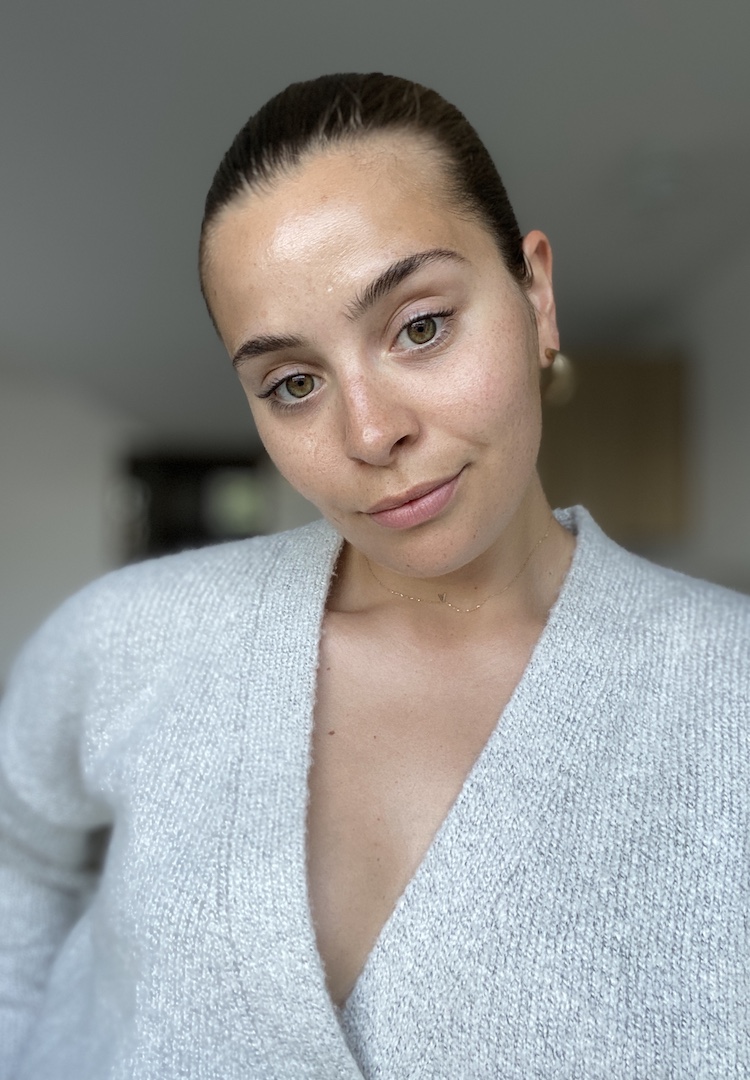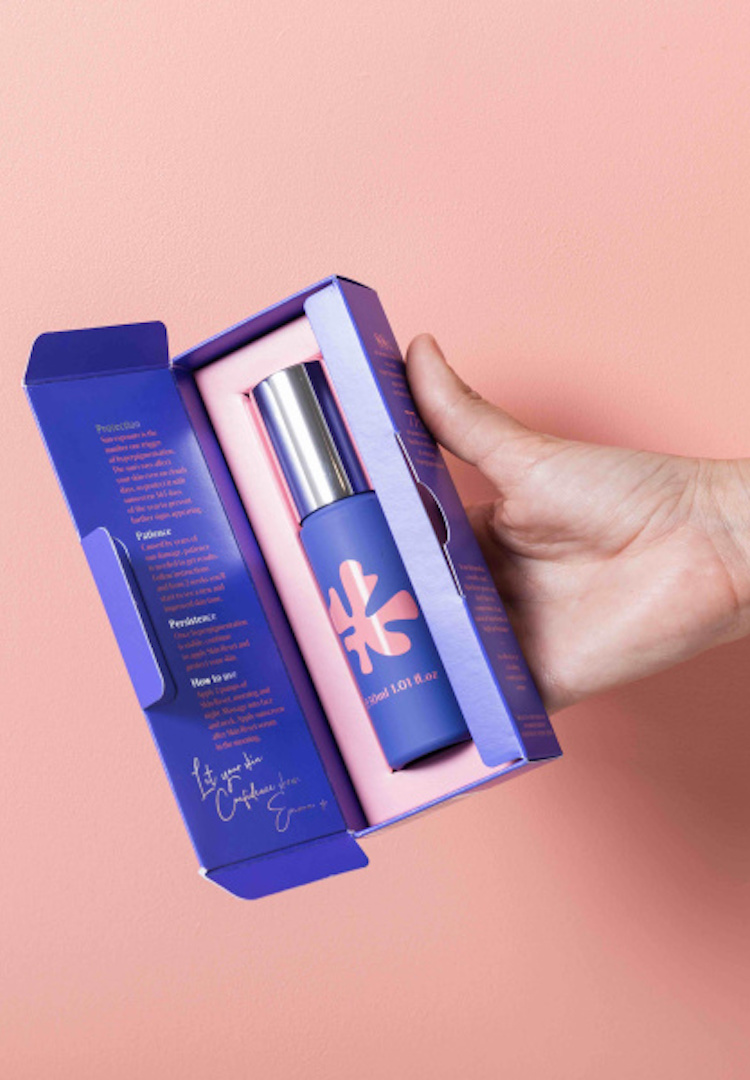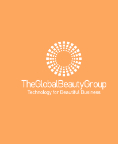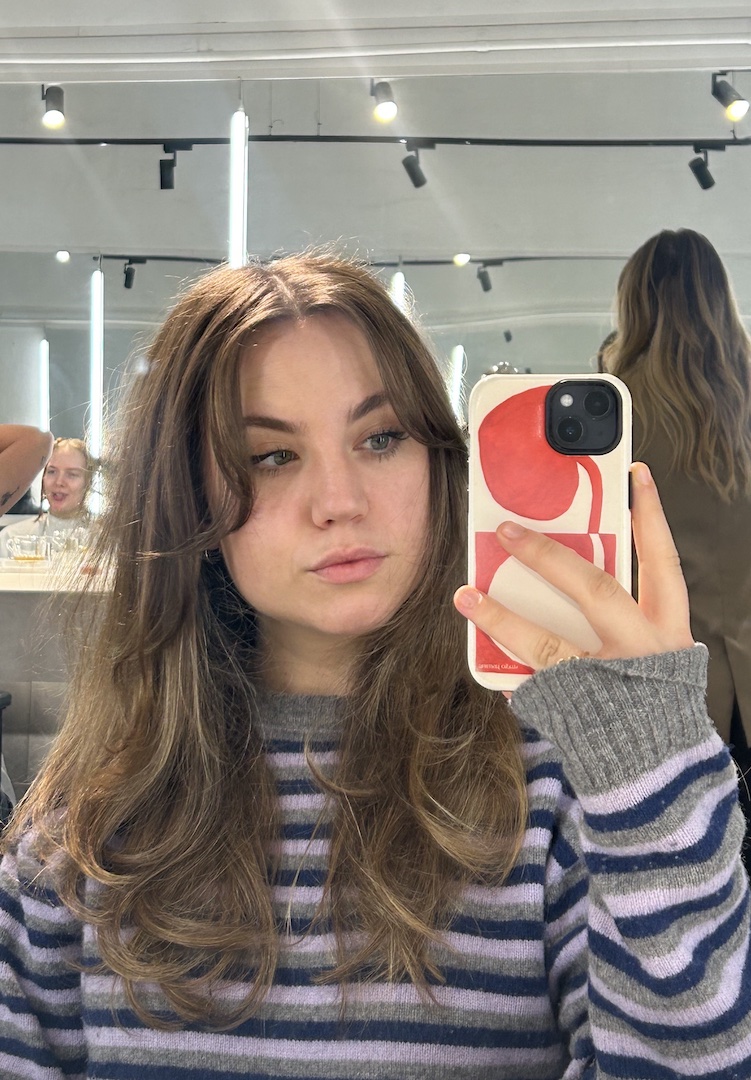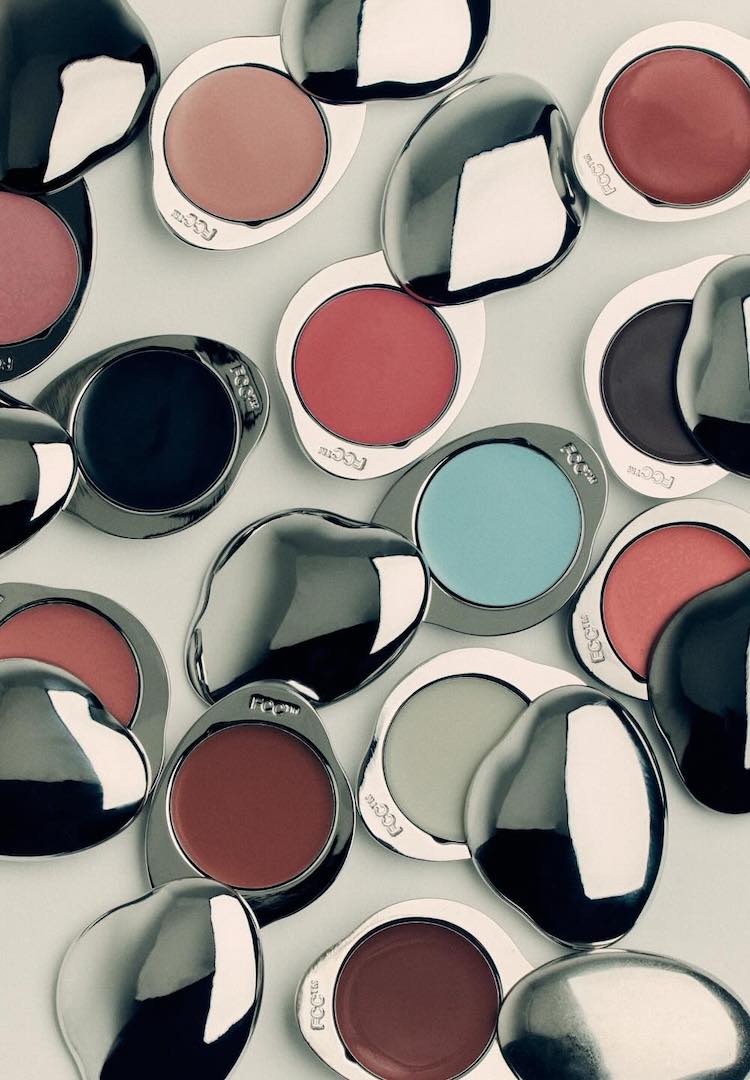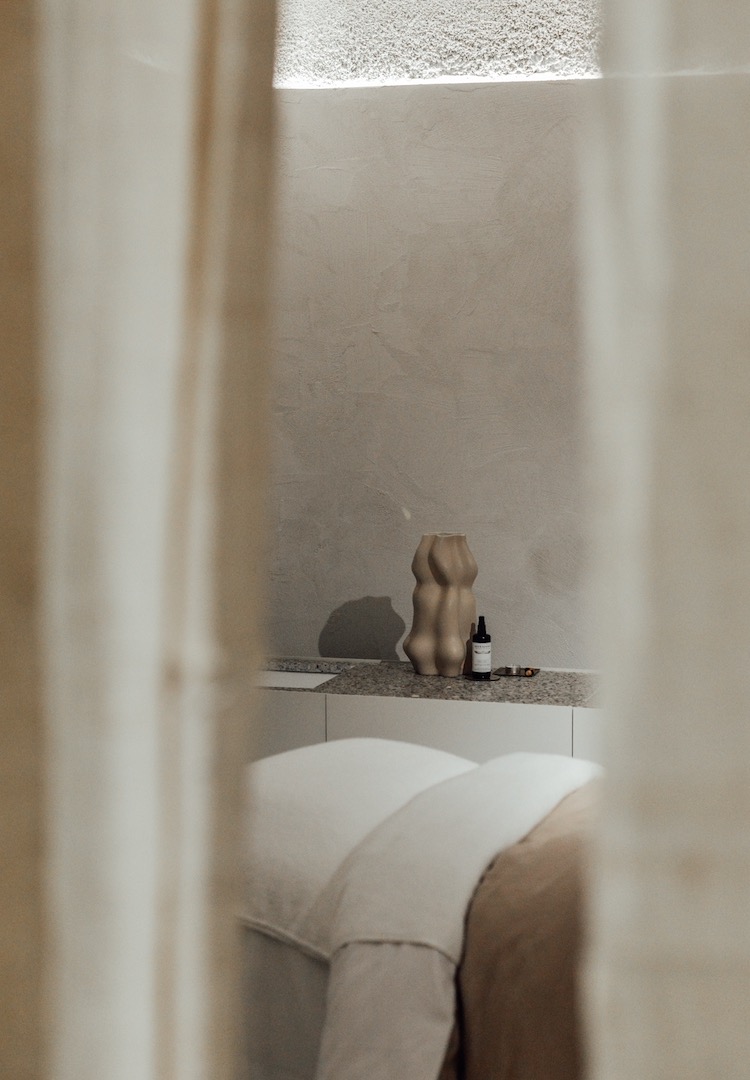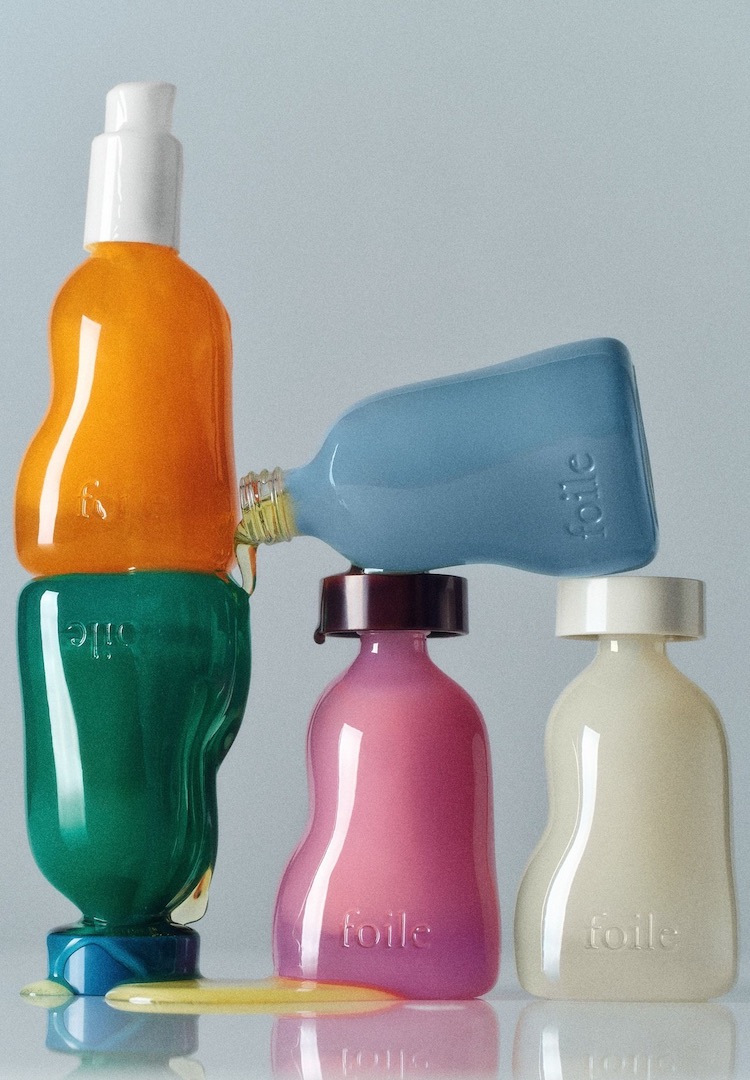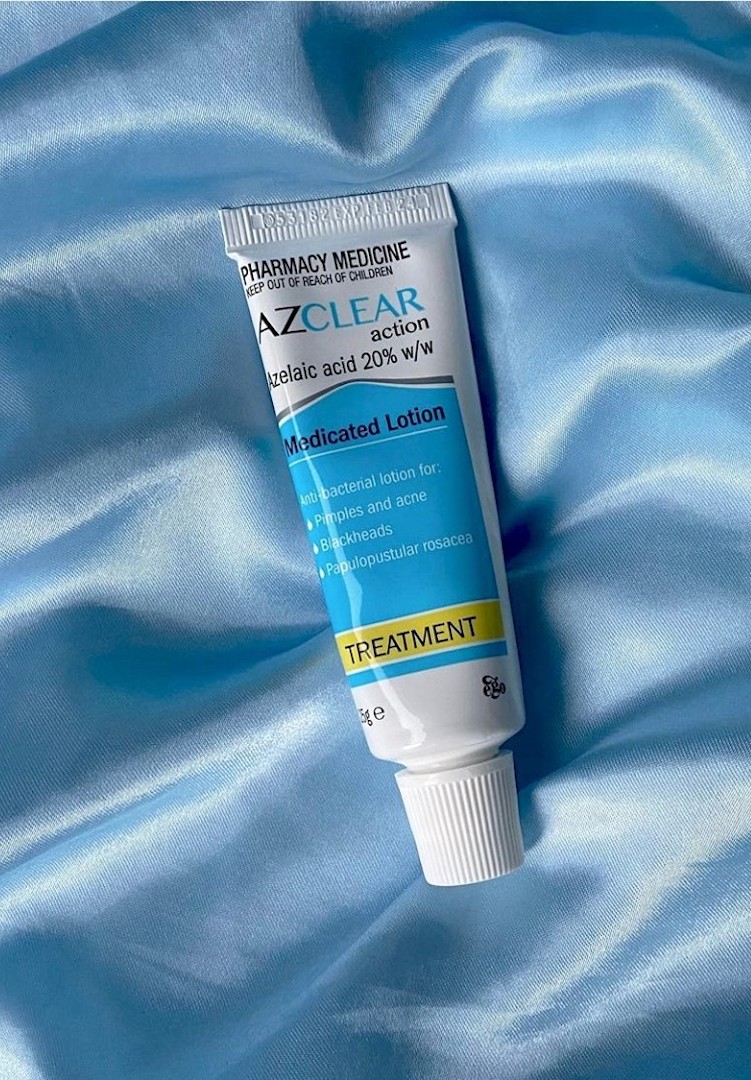A dermal therapist shares her top five tips for acne management
WORDS BY JASMINE WALLIS
A skin educator reveals her industry secrets.
Thanks to progress in the acne positivity space we’re slowly moving away from skin being labelled “bad” (any form of acne or blackheads) and “good” (crystal clear, baby-smooth skin).
But while embracing your natural skin is important, sometimes having acne can affect our self-esteem and there’s nothing wrong with seeking out help to deal with it. To combat the information overload of Dr Google, we’ve spoken to dermal therapist and skin educator Elise Andrews, who gives us the low-down on some ways you can manage your acne.
Sort your skincare
First up, Elise recommends finding the best skincare brands for your unique skin needs. The golden rule of skincare, however, is to be patient. “Make sure to give products time to work. Introduce one or two new ingredients to your routine to see if your skin reacts favourably,” Elise explains.
Her top picks include niacinamide to help regulate oil flow and hyperpigmentation as well as salicylic acid for its exfoliation and anti-inflammatory properties. Another product that’s taking the skincare world by storm are super serums containing retinol, a product that increases cellular turnover.
Elise says using AHAs and chemical exfoliants can also help with skin renewal, revealing a glowing complexion.
Look don’t touch
We all know that the cardinal sin of skincare is to poke at your spots. Elise says this is one of the quickest ways to spread infection and cause scarring.
No matter the temptation, try and avoid touching your face and avoid scrubbing with rough exfoliants. “Acne-prone skin is highly sensitive and you can worsen acne with cleansers containing granules,” she says.
With maskne now a thing as well, we should be washing everything that comes into contact with our face, so think pillowcases, masks, hats and even our mobile phones – eek!
All of the lights
Thanks to technological advancements, facials are no longer just mud masks from a packet done hastily before going out. There are a number of treatments out there designed specifically for acne-prone skin.
A treatment Elise recommends that’s especially great for active acne is LED acne management, which utilises a fancy blue light at a 420nm wavelength to target and heal acne-causing bacteria deep within the skin.
You can dial that benefit up a notch utilising acne management with an IPL machine (that’s Intense Pulsed Light) which pulses higher-powered levels of blue light onto the skin to target pimples, congestion and acne-causing bacteria.
IPL treatments also help to reduce redness and tenderness around active acne, have no downtime required and are a great treatment option for busy people. The advantage of both of these treatments is that not only can they rapidly assist with healing active acne, they also help to prevent future breakouts – music to any acne-sufferers’ ears.
Keeping your skin on track
Once your acne has cleared up, Elise recommends trying a carbon facial or a microdermabrasion treatment. Both are great at exfoliating the skin, clearing out the pores and helping to prevent future breakouts.
During a carbon facial treatment, a Q-Switched laser is combined with creme carbon, and the energy from the laser is absorbed into the product. When the carbon cream is blasted off, it takes away dead skin cells and oil along with it. The results are instant exfoliation and deep cleansing. Clever, right?
The microdermabrasion machine is a gentle vacuum that uses suction to clear oil and dead skin cells from your pores. It’s a deep clean that exfoliates and improves hydration at the same time. A favourite for those who are fans of Dr Pimple Popper.
One size doesn’t fit all
Dealing with acne isn’t only about engaging with new-fangled technology. Elise says that acne is a multifactorial condition.
Exercise and reducing stress are great places to start, while understanding which foods inflame your body (and therefore your skin) like alcohol, sugar and dairy is something to keep in mind.
Finally, getting some extra help through vitamins like zinc for wound healing and fish oil to help reduce inflammation is also an excellent idea.
Elise’s final tip for anyone dealing with the often stressful and overwhelming condition of acne is simple: “Don’t despair! You don’t have to pick one thing off this list, you can try each individually. The trick is to find what works for your particular skin, as everyone’s skin is different.”

